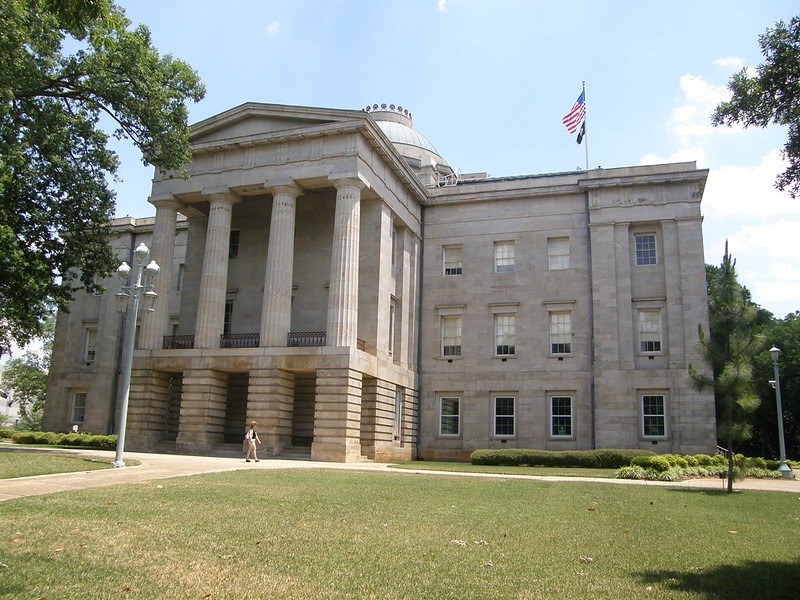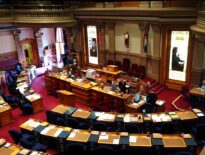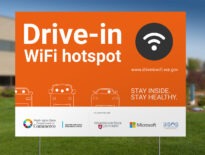We’ve written a lot about North Carolina’s HB 129, the anti-competition law that prevents communities in the state from investing in broadband infrastructure. This week on the Community Broadband Bits podcast, Christopher dives deeper into the history of HB 129 with guests Catharine Rice, co-founder of NC Broadband Mattersand project manager at the Coalition for Local Internet Choice, and Jack Cozort, a government relations consultant who has worked with the City of Wilson. In this first half of a two part conversation, Christopher and his guests discuss the years leading up to HB 129, which was passed in 2011, speaking frankly about the sway telecom lobbyists held over state legislators.
To start, Jack describes how Wilson decided to invest in its own broadband network Greenlight, after incumbent providers refused to partner with the city to upgrade the community. He goes on to explain how Wilson’s decision led the regional broadband monopolies Time Warner Cable (now Charter Spectrum) and AT&T to advocate for legal restrictions on municipal broadband at the state legislature.
Catharine and Jack review some of the early bills — written by telecom companies and handed off to state legislators — that the monopoly providers introduced in an attempt to stop broadband competition. They share their involvement in those legislative fights and explain how difficult it was to counter the influence that the telecom industry had over politicians in both major parties. However, Catharine points out that there were also Democratic legislators during this time who defended local broadband authority and kept anti-competitive legislation from being passed.
In the November 2010 election, the North Carolina legislature shifted control to the Republican party. Christopher and his guests end the podcast by talking about how that set the stage for HB 129, which would be introduced the next year.
Today’s episode is part one of two. Check back on Thursday, May 28 for the second half of this conversation on North Carolina’s HB 129.
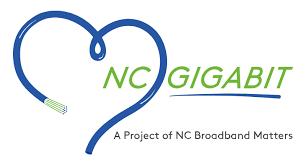
This is a special episode of the “Why NC Broadband Matters” podcast series, created in partnership with NC Broadband Matters, a nonprofit that’s working to bring high-quality Internet access to all communities in the state. Previous epsiodes in the series touch on telehealth, the homework gap, and broadband mapping, among other topics relevant to connectivity in North Carolina.
This show is 56 minutes long and can be played on this page or via iTunes or the tool of your choice using this feed. You can listen to the interview on this page or visit the Community Broadband Bits page.
Read the transcript for this episode.
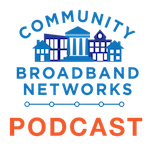
Listen to other episodes here or view all episodes in our index.
Subscribe to the Building Local Power podcast, also from the Institute for Local Self-Reliance, on iTunes or Stitcher to catch more great conversations about local communities, concentration of corporate power, and how everyday people are taking control.
Thanks to Arne Huseby for the music. The song is Warm Duck Shuffle and is licensed under a Creative Commons Attribution (3.0) license.
Image of the North Carolina State Capitol via Flickr [public domain]



